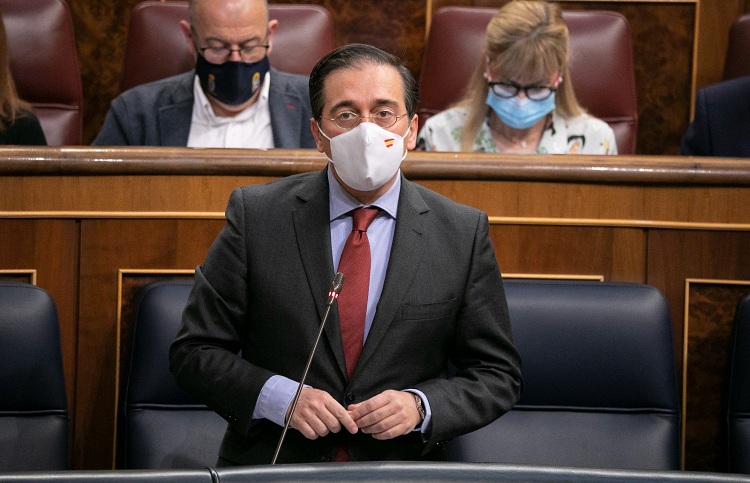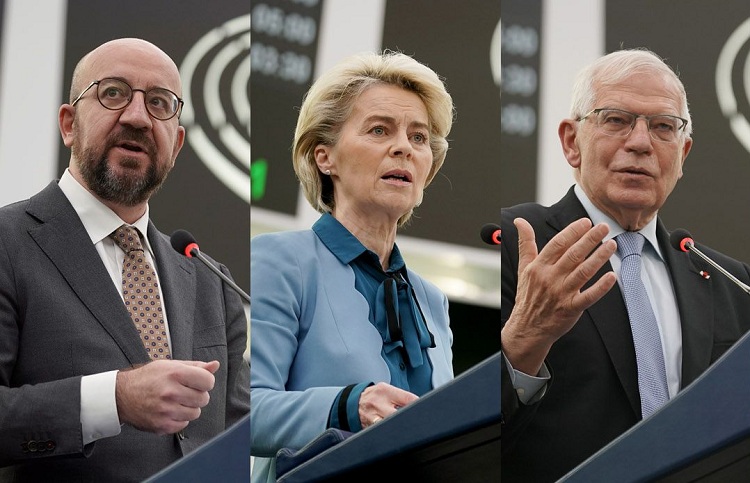The Diplomat
The Minister of Foreign Affairs, José Manuel Albares, affirmed yesterday in the Spanish Congress of Deputies that the Spanish government “has nothing to hide” in relation to arms sales to Turkey.
Albares responded in the control session of the plenary session of the Congress of Deputies to a question from the MP for Junts per Catalunya, Miriam Nogueras, on the request for information made by the European External Action Service to Spain (EEAS) on the sale of arms to Turkey. Nogueras reminded the minister that there are a series of conditions for carrying out these operations.
In his reply, the minister indicated that the decision to grant licences for the export of defence material is the responsibility of each EU member state. He added that in Spain there is an Interministerial Board in charge of making the decision in each case.
He also recalled that the evaluation criteria for granting these licences “are common to all member states” and Spain has incorporated all the relevant rules into its regulations.
Albares pointed out that, as a result, the government will reply to the EEAS “whenever necessary” because “Spain has nothing to hide in these operations, which are controlled according to common criteria”.
Finally, the minister stressed that Spain has a “very good relationship with Turkey”, as it does with other Mediterranean countries such as Greece and Cyprus. He added that this relationship is so for three reasons: “Turkey is a country that aspires to join the EU; it is a Mediterranean country, like us; and it is a member of NATO, and within the Alliance there is cooperation in defence matters”.
Military cooperation with Turkey in defence matters, and the announcement of an increase in this cooperation during the Spanish-Turkish summit held on 17 November in Ankara, caused unease in the Greek government, which went so far as to summon the Spanish ambassador to Athens to express its displeasure. To clarify these misgivings, Albares made a tour of Greece and Cyprus in mid-December during which the Greek Foreign Minister, Nikos Dendias, expressed his “concern” about Spain’s “military cooperation with Turkey”.
Greece and Cyprus have a tense neighborly relationship with Turkey – aggravated by recent gas exploration in the Eastern Mediterranean – and consider it a kind of betrayal for Spain, a partner country in the European Union, to have such close military ties with a government like that of Ankara. The Greeks would like Spain to show them firmer support, as other European countries, mainly France, have done. The other major sticking point is the “Cyprus question”. The country has been divided since 1974 between a self-proclaimed Turkish Republic of Northern Cyprus, recognized only by Ankara, and the Republic of Cyprus, a majority Greek-Cypriot entity with its capital in Nicosia, which does have international recognition and is even a member state of the EU.






